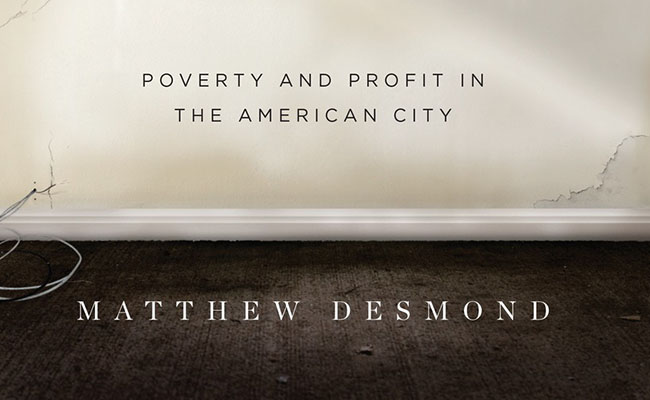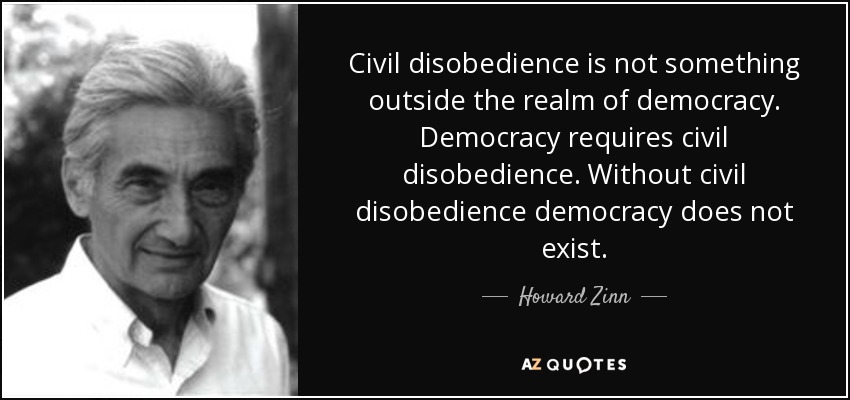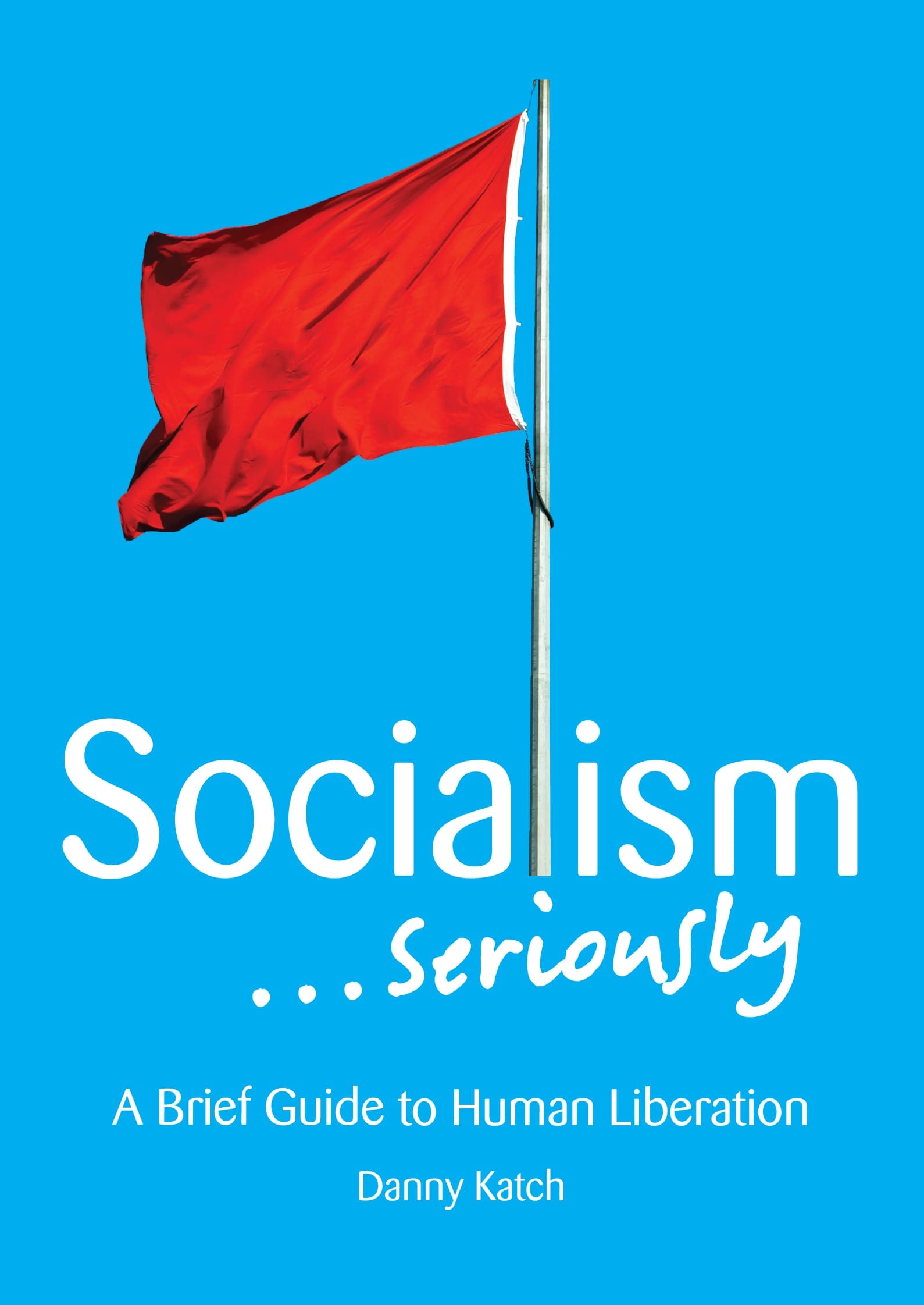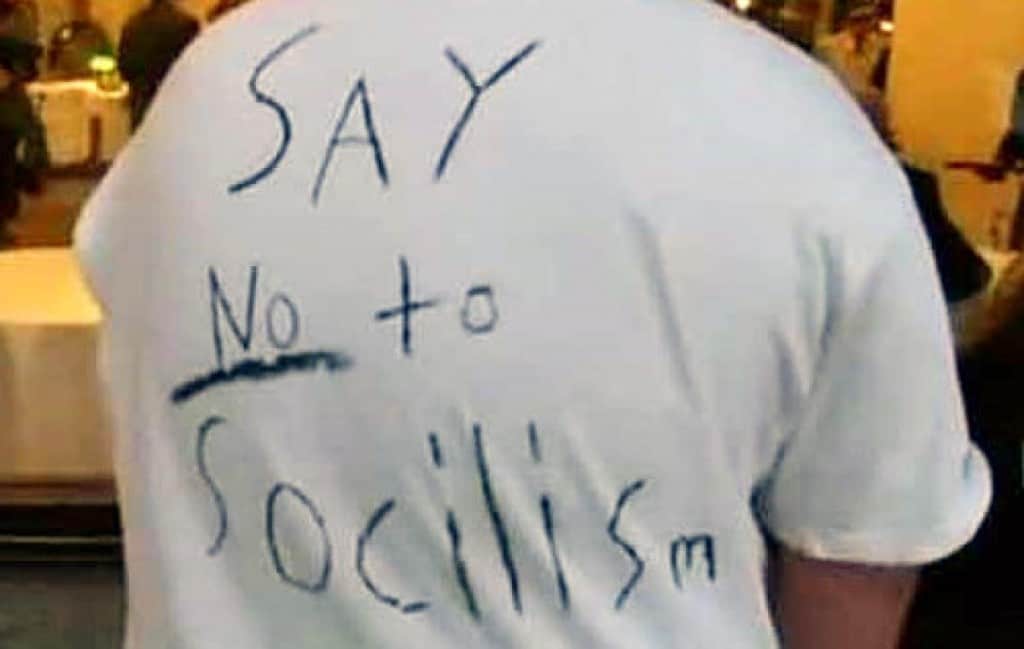Local elections on Nov 8th, 2017 yielded 15 candidates endorsed by or direct members of the Democratic Socialists of America (DSA). Many of these candidates unseated Republicans in territory rarely ceded to Democrats. Organizations like the DSA and PSL have seen a staggering rise in involvement. If you find yourself increasingly curious about socialism, Marxism, Communism, etc you are evidently not alone. That makes it a good time to read up on the subject. I’ve been reading a number of soft introductions to Democratic Socialism since Bernie Sanders’ primary campaign really put it on my radar. The Case for Socialism by Alan Maass is probably the least of which I would recommend.
Bernie Sanders may have endeared me - as well as a large swath of young people - to Democratic Socialism and he might identify as a Democratic Socialist (along with people like Howard Zinn, Hellen Keller, and Martin Luther King Jr.), but he isn’t necessarily so. As Noam Chomsky said, “Bernie Sanders is a good man, and I supported him, but his views were closer to a new deal democrat; they would be very familiar to someone like, say, Eisenhower”. This is exactly why colloquial, accessible, and introductory texts are needed. Otherwise, we have a bunch of millennials out there thinking FDR was a Marxist.
This isn’t to say Alan Maass doesn’t address misconceptions about Socialism (the idea that Denmark or Finland or China represent shining examples when none of these states are run by the people/laborers was a particularly well-written section). It’s just that a lot has been written on this subject and if you want to bring people into the fold of your ideology there are a number of things you need to do that Maass doesn’t.
The most important thing is coherence. When someone comes looking for a text to introduce them to a subject they want to be immediately enthralled by a compelling and straightforward argument. I should know, as someone who has gone to a number of texts portending to introduce socialism to the masses I am often astounded by the lack of organization in some of these pieces. Maass suffers from overtly passionate and tangential political writing; the rate at which he switches topics from the Russian Revolution, to Obama, to the nature of war, to the ‘08 recession can be measured in sentences. He ends up talking a little bit about a lot of things while lacking in substantial discussion of any one subject.
The Case for Socialism bills itself as, well, as a “case”. For doing so, it doesn’t imagine a world in which socialism has fully replaced capitalism. I don’t understand this. Anyone is capable of criticizing the state of the world while drawing express connections to capitalism as the primary reason. Liberals and Social Democrats do this extensively, it is, in fact, part of the very fabric of their political philosophy. Socialists are not seeking to mitigate the effects of capitalism, they are trying to replace it. For newcomers, it is difficult to imagine what socialism would look like (Scandinavia? Cuba?). Maass is particularly remiss in his scant covering of the role democracy will play in socialism. While his critiques of capitalism and its effects are biting they largely overshadow his solutions. His explanations on labor’s ability to get us to a socialist utopia are sporadic and focus on how terrible our current system is. The question of practicality plaguing socialism as it does, it is a shame Maass doesn’t take more time to address it.
Finally, an introductory text should not try to stand on its own, it should...well...introduce you to other works! The Haymarket Books edition puts an addendum to the book titled “What Else to Read” (which is a testament to Haymarket Books, not Maass). In it, Maass freely admits that the book is devoid of sources and that he isn’t remotely interested in citing them. While this end section has some more to read on certain subjects, in-text citations help the reader build a crucial relationship with other texts in the context of your arguments. Not only that, but if your reader doubts your numbers, statistics, or historical accounts for a second you could potentially drive them to sources explicitly seeking to discredit your ideas!
Ultimately, Maass does craft some good arguments. He has very convincing sections on what Socialism is or isn’t and some fairly imaginative sections on what Socialism could look like. I wouldn’t recommend this book to someone curious about Socialism, but who hasn’t quite bought into the idea. I’d rather push the ABC’s of Socialism put out by Jacobin Magazine or Danny Katch’s Socialism Seriously. If you’re sold on Socialism and you're already trying to satiate your endless hunger for better arguments, you should consume the whole of The Case for Socialism if only for the few morsels to be found there.





:fill(FFCC00,1)/about/itshisfault-from-talk-onevietnam-org-58b8798c5f9b58af5c27f1e7.jpeg)
















